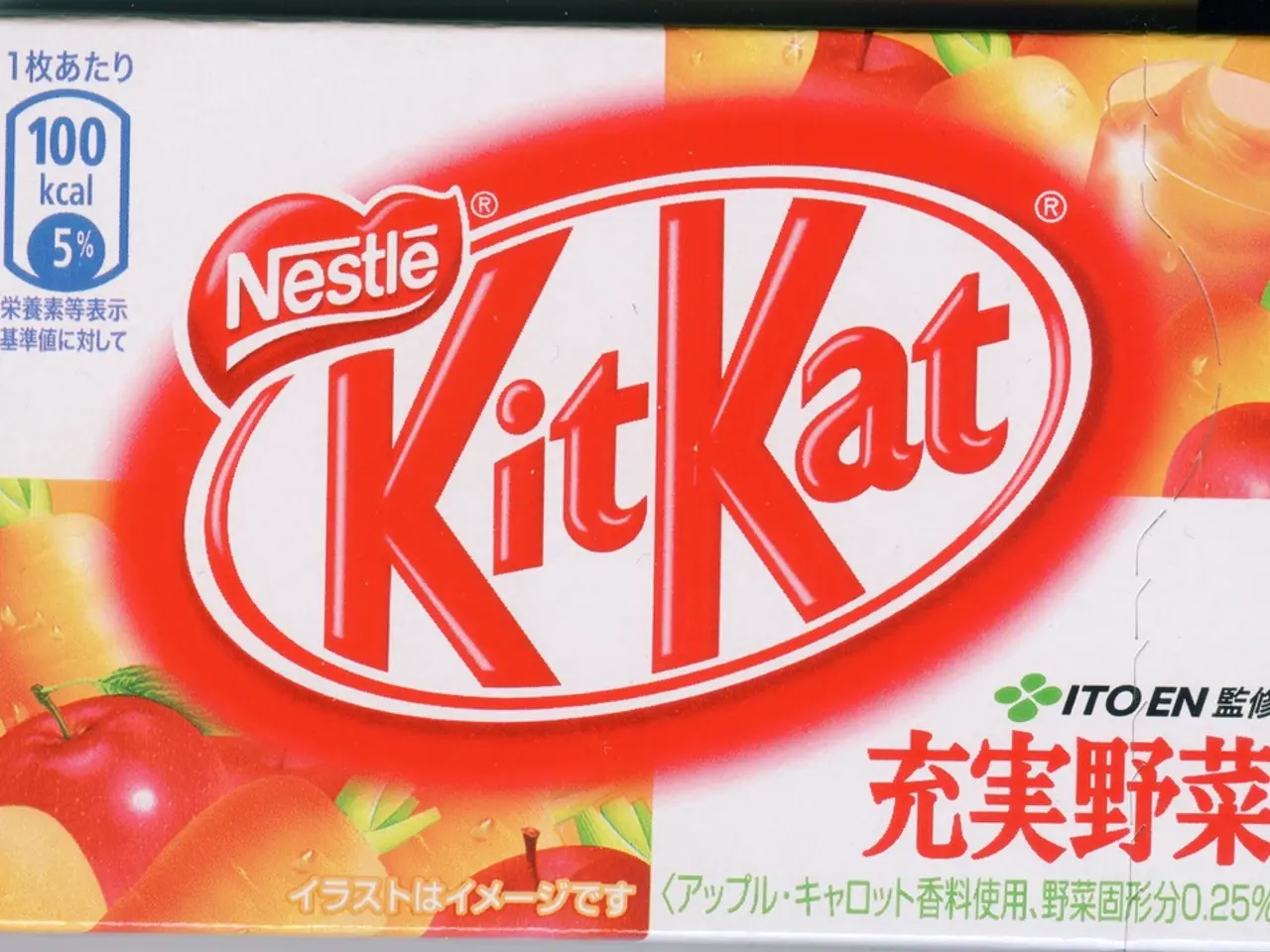Adopting this snacking practice may boost your cholesterol health: recent research findings suggest
Swapping Snacks for Pecans Could Boost Your Heart Health
Ready to make a tweak in your snacking routine? You might want to consider swapping out those salty chips for some delectable pecans! A recent study, published in the American Journal of Clinical Nutrition, found that doing so could lead to some fantastic improvements in cholesterol levels and overall diet quality.
This study focused on grown-ups who were considered high-risk for metabolic syndrome, a condition that increases the chances of developing type 2 diabetes or cardiovascular diseases.
During the 12-week study, participants were randomly divided into two groups: one group replaced their usual snacks with 57g of pecans daily, while the other group stuck to their regular diets.
The results were staggering! The pecan-snacking group exhibited reductions in total cholesterol, low-density lipoprotein (LDL) cholesterol, non-high-density lipoprotein (HDL) cholesterol, the ratio of total cholesterol to HDL cholesterol, and triglycerides.
LDL cholesterol, or "bad" cholesterol, can lead to blockages in our arteries and elevate the risk of heart disease and stroke. Keeping LDL levels in check, along with maintaining a healthy HDL or "good" cholesterol balance, is crucial for reducing the risk of cardiovascular disease.
Kristina Petersen, an associate professor of nutritional sciences at Penn State and co-author of the study,commented, "Replacing typical snacks with pecans improved key risk factors for heart disease, including blood cholesterol levels and diet quality." She continued, "These results add to the vast evidence-base supporting the cardiovascular benefits of nuts and add additional insights into how adults can incorporate nuts into their diet to improve overall diet quality."
The study included 138 participants aged between 25 and 70, all of whom had one or more criteria for metabolic syndrome. Heart health data, blood work, and dietary information were collected at the start and end of the study. Participants were encouraged to avoid other types of nuts and to maintain consistency in other lifestyle factors.
Beyond the cholesterol improvements, the study showed that pecan-snacking participants demonstrated a 17% higher adherence to the Dietary Guidelines for Americans. Their diets included increased consumption of plant proteins and seafood, food groups that are often under-consumed.
This suggests that opting for pecans instead of less nutritious snacks could foster healthier overall eating patterns. By making a simple change, individuals could not only improve their heart health but also increase their intake of other nutrient-dense foods, supporting a more balanced diet.
On the downside, the pecan group, on average, gained 0.7kg, while the non-pecan group’s weights remained the same. Researchers suspected this might have been caused by incomplete energy substitution or lower-than-expected snack calorie intake at the start of the study.
Regardless, the weight gain didn’t seem to impact the cholesterol-lowering benefits of pecans. The study noted that with larger doses of pecans, additional guidance on overall calorie intake might help maintain energy balance while still enjoying the nutritional benefits of pecans.
In a nutshell, for people at risk of metabolic syndrome or those seeking simple ways to support their heart health, swapping out typical snack foods for pecans could be a fruitful change—just be mindful of calorie intakes.
Some Additional Insights:
- Consuming pecans can help reduce "bad" cholesterol and blood pressure, enhance antioxidant defenses, improve overall diet quality, and reduce oxidative damage—all contributing factors in decreasing the risk of cardiovascular disease[1][2][3][5].
- Pecans are rich in monounsaturated fats, antioxidants like vitamin E and phenolic compounds, fiber, magnesium, and beta-sitosterol, all of which make them a smart choice for heart health[2][3].
- Researchers suggest that incorporating pecans into a regular diet could potentially improve future cardiovascular health, as their study showed a 17% higher adherence to the Dietary Guidelines for Americans in pecan-snacking participants.
- The study also noted that pecans are rich in monounsaturated fats, antioxidants like vitamin E and phenolic compounds, fiber, magnesium, and beta-sitosterol, which are all beneficial for heart health.
- Beyond improving cholesterol levels, the study indicates that a healthy-diets approach, including a higher intake of pecans, can foster healthier overall eating patterns, incorporating more plant proteins and seafood into the diet.
- As the future of health-and-wellness trends, nutritionists and scientists point out the importance of switching to healthier snacking options like pecans, citing their potential to contribute to a balanced diet and support heart health.
- Furthermore, CBD oil, a popular wellness product, might help lower blood pressure and improve cholesterol levels, creating another potential avenue for future research on heart health and energy-related conditions.






